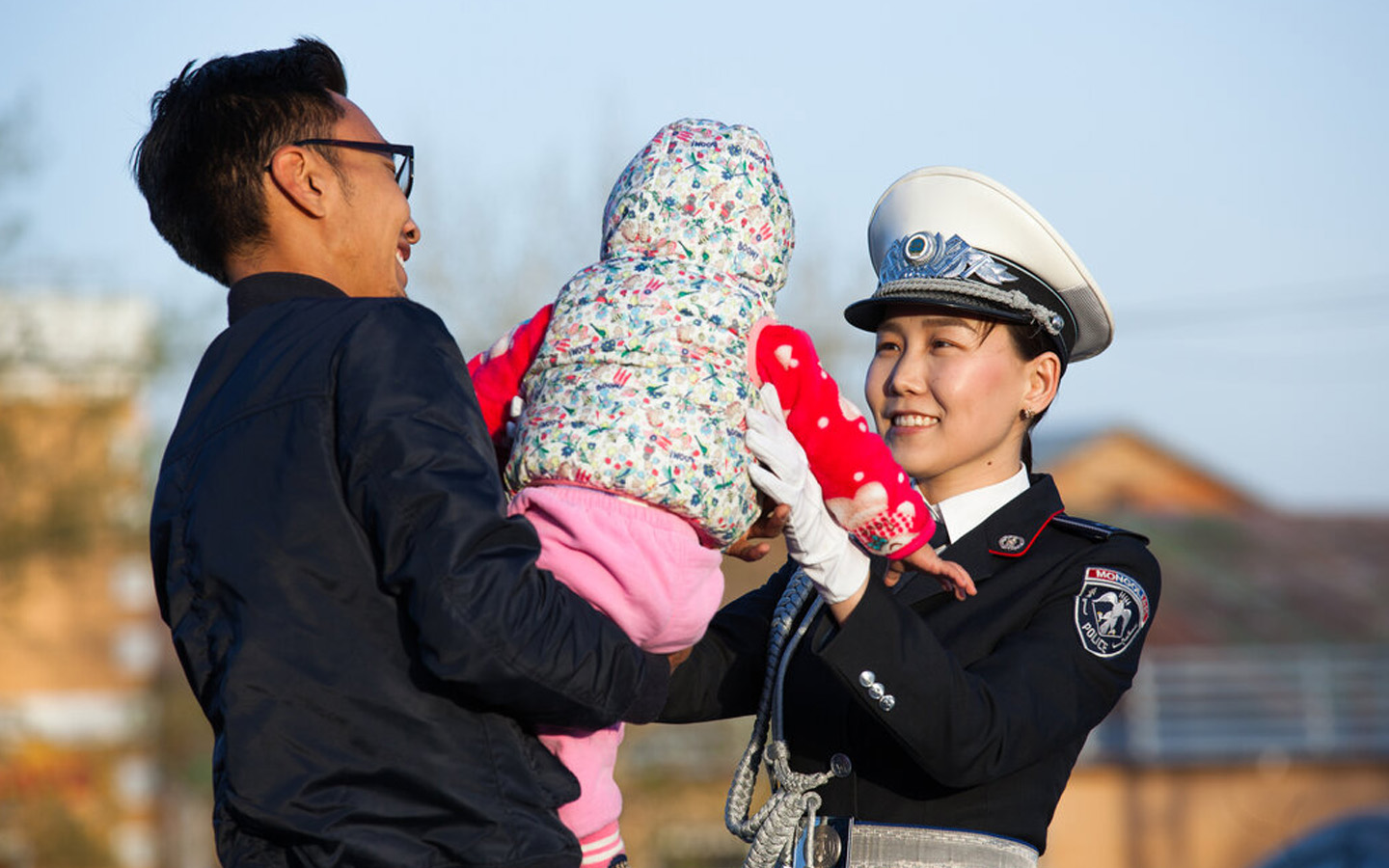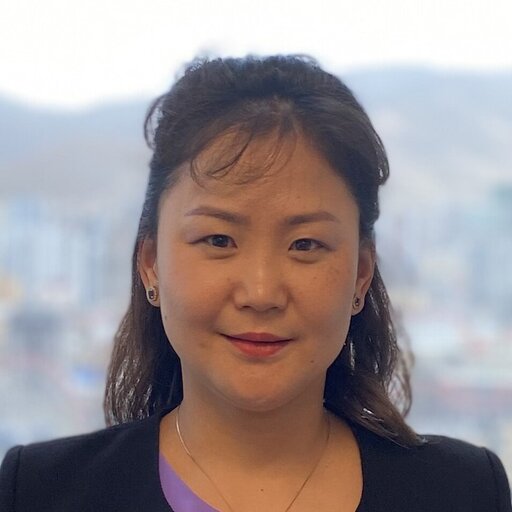Sowing the Seeds of Gender Equality
For Mongolia, promoting gender equality is vital to economic growth. With support from ADB and Japan, Mongolia has successfully incorporated gender-responsive policies into government programs in key sectors and raised awareness of gender equality issues across the country.
Promoting Gender Equality
Along with limited accountability and institutional difficulties, Mongolia’s size and breadth have made the effort to instill gender equality very demanding, despite the country’s overall gender-sensitive legal and policy environment. In addition, the lack of sex-disaggregated data and its use for policy making contributes to Mongolia’s challenges.
To effectively implement the law, Mongolia needs national-level sector-specific gender strategies, institutional capacity building, and systematic gender mainstreaming in policy making, budgeting, and implementation. Low public awareness on gender equality issues and related concerns, such as gender-based violence and domestic violence, is also a major hindrance.
The Government of Mongolia is focused on promoting gender equality, and ADB is proud to support them as they systematically implement the Law on Promoting Gender Equality.
From Policy to Reality
In 2016, ADB approved Mongolia: Gender-Responsive Sector and Local Development Policies and Actions to strengthen the government’s capacity for mainstreaming gender across sectors and at local levels. Financed by the Japan Fund for Prosperous and Resilient Asia and the Pacific (JFPR), the technical assistance supported the Government of Mongolia in
adopting a coherent and consistent national, sector, and local gender equality framework
improving gender-sensitive planning, implementation, and monitoring and evaluation through training
raising public awareness of gender equality through multimedia campaigns and knowledge products
“Mongolia has started recognizing that promoting gender equality is not only the right thing to do, but is also smart economics as the country drives toward inclusive economic growth,” said Tsolmon Begzsuren, ADB social development specialist (gender and development) and project officer.
ADB has been a staunch supporter of Mongolia in its national gender initiatives since 2009 and has supported the development and enforcement of the Law on Promotion of Gender Equality through institutional capacity development. The JFPR has also been a strong partner of Mongolia and has supported several gender initiatives, such as a grant project to support survivors of domestic violence and technical assistance in collaborating with civil society organizations to move gender equality forward.
With the support of ADB and Japan, Mongolia is well on its way to creating an environment where women are treated equally and can live their full potential and contribute to society.
Tsolmon Begzsuren social development specialist (gender and development) and project officer, ADB
Gender-responsive Governance
The ADB program had far-reaching results in enforcing Mongolia’s Law on Promoting Gender Equality. The project supported the government in adopting and implementing the National Program on Gender Equality (2017–2021). A major thrust of the program was to institutionalize the gender equality agenda across sectors and government levels.
The program mainstreamed gender-responsive policies in four focus sectors, including a reporting mechanism. These sectors include
education, culture, science, and sports
population development, labor, and social protection
food, agriculture, and light industry
construction and urban development
Gender subprograms for two aimags (provinces)—Dornogobi and Selenge—were adopted with the help of civil society organizations.
Further, 40 national and local knowledge events were organized, benefiting 2,300 government officials across 7 ministries and 21 aimags. An e-Learning module developed through the project was completed by 390 government officials.
Results of a national survey on public perception and attitudes toward gender inequality revealed that the public and private experiences of gender inequality of key stakeholders were directly linked to the pervasiveness of strong gender stereotypes among all social groups in Mongolia. Following this, a 3-month multimedia campaign supported by the project raised awareness of gender equality issues by highlighting ways to communicate gender stereotypes that can be critical in changing mindsets. Through the campaign, which has reached more than 191,000 people, gender equality has become a buzzword not only among national and local government officials but also among nongovernment organizations, media professionals, and the public at large.
In the long run, the project will help Mongolia advance gender equality in the political, legal, economic, social, and cultural spheres.
“With the support of ADB and Japan, Mongolia is well on its way to creating an environment where women are treated equally and can live their full potential and contribute to society,” Tsolmon Begzsuren said.
Related
Gender-Responsive Sector and Local Development Policies and Actions (infographic)
Cost
$700,000
Cofinancing Partner
- Japan Fund for Prosperous and Resilient Asia and the Pacific (Technical Assistance) $700,000
Dates
Approval Date 5 October 2016
Signing Date 22 December 2016
Completion Date 9 August 2019


